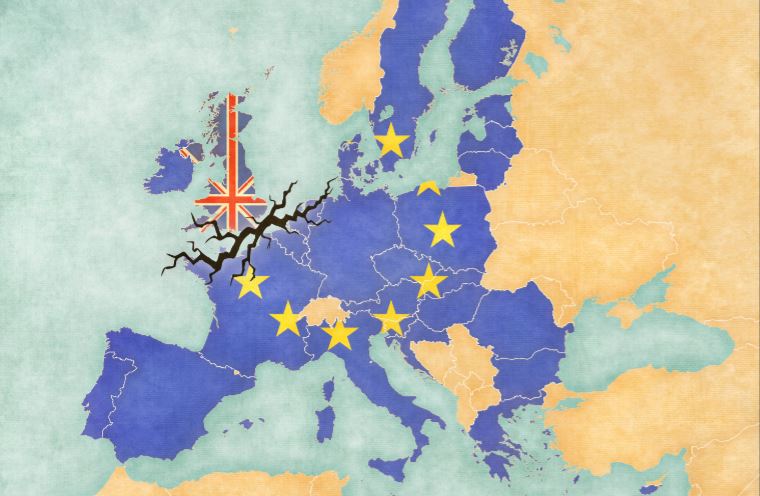Pharma welcomes UK's post-Brexit trade plans

UK pharma and biotech trade bodies have welcomed government proposals to ensure trade and services can continue after Brexit in March 2019.
The proposals were in a position paper calling for goods already on the market to be allowed to remain on sale in the UK and EU without additional restrictions - avoiding a 'cliff edge' scenario for trade after Brexit.
However the European Union is refusing to negotiate on these matters yet, saying the Brexit talks must follow the agreed schedule.
Published by the Department for Exiting the European Union, the plans also call for consumer protections to remain in place.
It argues that products authorised for sale in the EU, such as cars and medicines, should remain valid in both markets after exit.
Under the current EU proposals, a pack of medicine manufactured in the UK and put on the market on 29 March 2019 could still be sold in the EU the next day, as its approval would still be valid. However a pack of the same medicine which reached the market on 30 March would not be allowed for sale in the EU.
The UK government also wants to see UK consumer protection watchdogs having access to information about safety warnings over medicines and food from EU authorities after Brexit.
A second paper called for reciprocal arrangements to ensure documents shared between Britain and EU partners while it was a member state remain confidential.
The Association of the British Pharmaceutical Industry (ABPI), and the BioIndustry Association (BIA), representing pharma and biotech respectively, welcomed the papers.
[caption id="attachment_21186" align="alignnone" width="141"] Dr Virginia Acha[/caption]
Dr Virginia Acha[/caption]
Dr Virginia Acha, executive director, ABPI and Steve Bates, chief executive, BIA said: "ABPI and BIA welcome the publication by UK Government of its position paper on 'Continuity in the availability of goods for the EU and UK' in support of its negotiations with the EU.”
“We welcome this paper’s pragmatic approach, which provides a constructive starting point for arrangements that aim to minimise disruption to vital safety and monitoring processes for medicines and avoid any negative impact to medicines supply.”
“As soon as the negotiations resume, we urge the EU and UK to discuss this issue with Europe’s patients front of mind."
John Foster, CBI Director of Campaigns said:
“The UK Government’s position on goods is a significant improvement upon the EU’s current proposal, whose narrow definition would create a severe cliff-edge hitting consumers on both sides of the Channel.
“However, the only way to provide companies with the reassurance they need is through the urgent agreement of interim arrangements. This would ensure that goods and services can still flow freely giving companies the certainty they need to invest. “The simplest way to achieve that is for the UK to stay in the single market and a customs union until a comprehensive new deal is in force.
“Both sides should agree to move talks on to interim arrangements as soon as possible to stem the loss of investment.”
Disagreement over sequence
Despite having agreed to the EU's schedule for the negotiations, the UK government now wants to return to the idea of sorting out the terms of its exit and future relations in parallel.
However the European Commission says the UK government needs to first make progress on the three areas of citizens’ rights, a Brexit financial settlement, and Ireland before discussing other matters.
Brexit secretary David Davis commented on the new position papers: "These papers will help give businesses and consumers certainty and confidence in the UK's status as an economic powerhouse after we have left the EU.
"They also show that as we enter the third round of negotiations, it is clear that our separation from the EU and future relationship are inextricably linked.
"We have already begun to set out what we would like to see from a future relationship on issues such as customs and are ready to begin a formal dialogue on this and other issues."
EU spokesman Alexander Winterstein said in a Brussels press conference: "There is a very clear structure in place, set by the EU27, about how these talks should be sequenced and that is exactly what we think should be happening now.”
One thing is clear to both sides, however: time is running out to settle all these complex questions before the end of March 2019.
The next round of talks had been scheduled to begin in October, but could now be held up a further two months, with the German federal elections next month and disputes about the Irish border being potential delaying factors.











